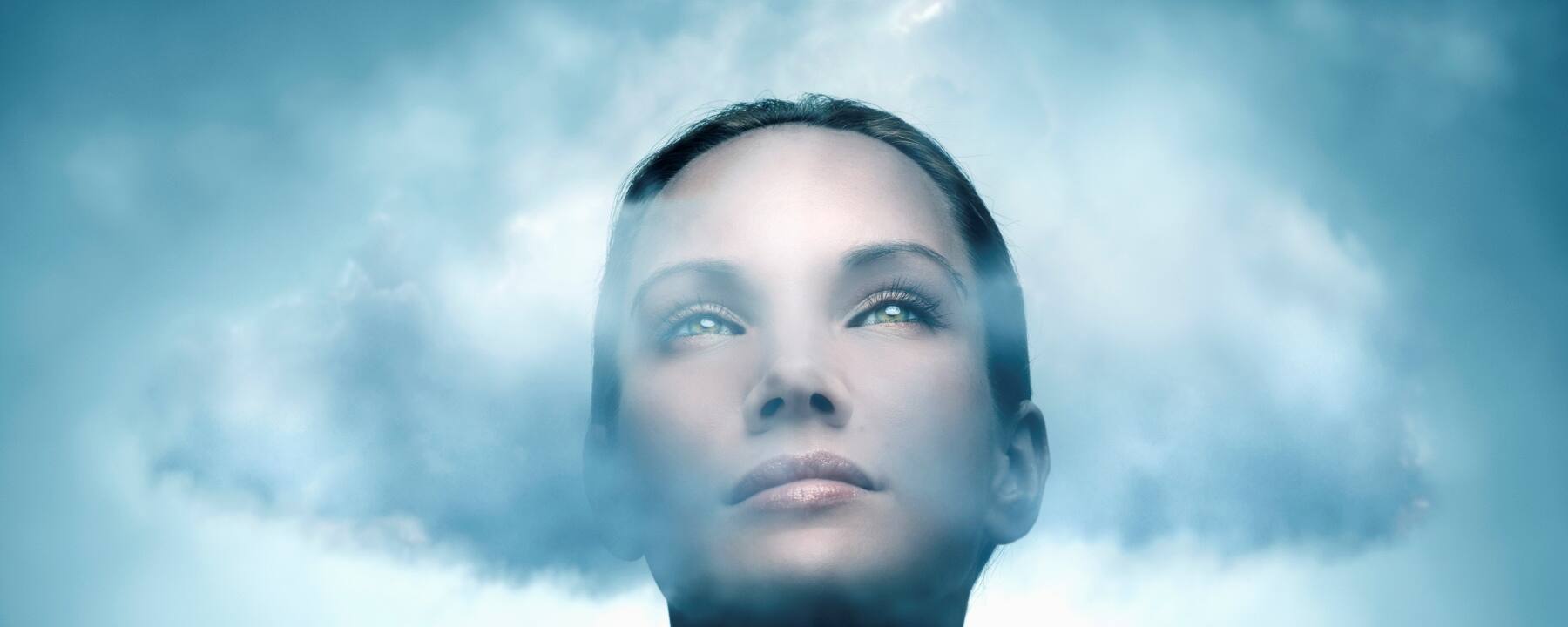
Hair Care & Co.
Hair loss and our minds: it's often a vicious circle
We might blame a bad hairstyle on our mood and state of mind, but things become more serious – not to mention more complicated – when the mind is the (or one) cause of hair loss. Without the right support, you become caught in a vicious circle that needs to be broken.
It’s no secret that a bad hair day can lead to a bad mood all day. Equally, our mood can turn on a dime once our hair looks good. Hair is important to us humans: to look good, make a positive impression, and to feel at home in our own skin. Our relationship with our hair is one of constant renewal. Although you lose around 70 to 100 hairs a day as the result of completely natural hair loss, around 85-90% of all the hair on a person at any one time is in its growth phase. This level of hair loss has no impact on your appearance: it simply isn't noticeable.
Apart from this natural type of hair loss, there are other types, with varying degrees of severity. The causes of hair loss, or lack of growth, can be genetic, related to illness or self-inflicted. If you feel you are losing more hair than normal, we recommend that you consult a dermatologist. You can find more on the topic here!
Many people who suffer hair loss – especially hair loss that is clearly visible – will experience more significant problems over time as their appearance changes, than "just" being in a bad mood or having a bad hair day. Mental and psychological problems – sometimes even depression – can turn hair loss into a real affliction for the affected person, which they can only overcome with the right support, family and friends. Although they will still be suffering from hair loss, they should ideally be able to cope with their thinning hair better than before – in a way that has a healthier impact on their mental health. Hair transplants have now moved way up on the list of possible solutions, too.
"Hair – Stress – Mind – Soul"
It's clear that hair, or hair loss, has a major influence on the mind. Every one of us has likely experienced its effects first hand, whether because of how it affects our mood or the despondency that comes with hair loss.
Now we'd like to turn to a different combination of factors: "hair – stress – mind – soul." As we already mentioned in our article about different types of hair loss, stress, emotional issues and depressed periods in our lives can also lead to more hair falling out than the normal natural hair loss. In these cases, it can turn into a vicious circle if the psychological problems described above due to hair loss are fed back on top of the existing mental issues.
Let’s take a quick look at our skin. One thing is for sure: our skin reacts to our feelings. Some emotional states are easy to read straight away: when we are ashamed, for example, we turn slightly red. Fear and shock have the opposite effect on many people, with all the color draining from their face. And some people will get a cold sore when confronted with something disgusting.
These examples describe more spontaneous, short-term reactions. However, there is also ample evidence that longer-term psychological conflict has a negative impact on the skin. Various studies have also shown over the years that psychological stress can disrupt the skin's barrier function and alter the skin's immune status.
Does stress get under your skin?
It’s very clear: skin, psychology and the brain are closely connected.
More informationHair also reacts in these same situations: in a worst-case scenario, it will fall out. Reactions to stress are triggered in the brain. Among other things, it causes the adrenal glands to release various hormones, including the well-known stress hormone cortisol. It also prompts more adrenaline to be released. This flood of hormones disrupts hair growth. The supply of nutrients and oxygen to the hair follicles becomes imbalanced, the scalp is no longer properly supplied with blood, and cells die as a result. This leads to hair loss.
A distinction should be made between short-term stress and long-term emotional stress. Long-term stress sets in motion the ball that leads to hair loss. It is also important to bear in mind that it is not only the hormones that go "crazy." Stress and/or mental health problems can also spread to affect other areas and aspects of our lives and the habits that go with them. For example, you may not be eating as healthily or getting enough sleep and rest. Stress can even change or cut into your care routine in the bathroom, as you no longer care about yourself. None of this is conducive to healthy hair or an intact, strong immune system, which can exacerbate the overall issue.
A self-inflicted problem: Trichotillomania
Hair falls out due to deliberate pulling or tugging. Psychological factors, such as stress, anxiety or depression are the cause here, and need to be addressed with a medical specialist.
There is no secret recipe from the cosmetics industry, no miracle cream and no silver bullet for hair loss due to psychological and stress-related reasons. What you have to do is figure out the causes and do something that makes you feel good, like a sport, regular rest, autogenic therapy, yoga or mindfulness training. Devote more time to your hobbies. Once you get beyond stress, if the problems are far deeper, then talking to friends or a therapist or visits to a psychologist or self-help group can provide relief.
In many cases, stress-related hair loss more or less stops of its own accord. Once you recover mentally and find your emotional balance again, your hair will return to normal. This may take several months, but afterwards you will look just as good as before. Strengthen yourself from the inside and recharge your batteries. Your appearance will reflect you how well you are doing.

